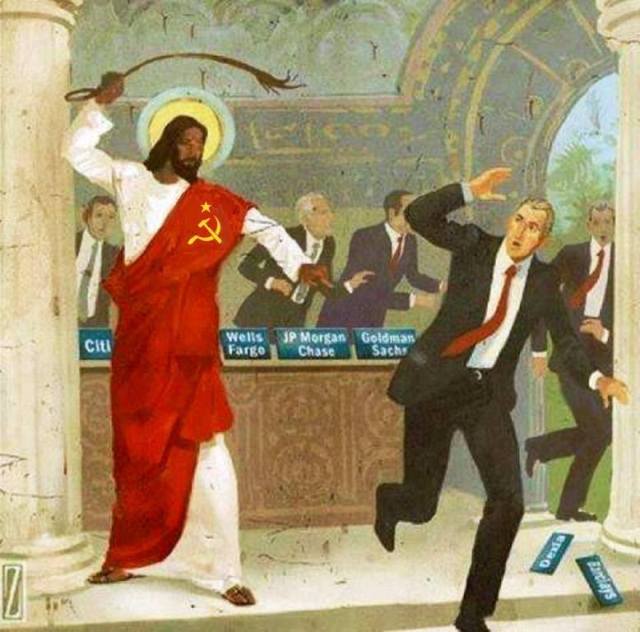I didn't come up with the advice, just relating what I've read a few times. So maybe that's not representative of the current advice.
That said, moving downhill isn't really random. Gravity is a universal rule, and water moves downhill. Humans for our entire existence have needed water for survival, and eventually for agriculture. So we tend to gather around it.
I've also read if you're lost advice to stay where you are, but that's in a scenario where you expect people to know where you are and to come looking for you. Probably a tough call to make in this case, plus the guy had his dog with him.
Specifics of this situation aside, I don't think 20 miles is that hard of a push. I'd expect to be able to do that in a day or two.



Is there some Linux equivalent to "ctrl + alt + del?" I get that killing a process from the terminal is preferred, but one of the few things I like about windows is if the GUI freezes up, I can pretty much always kill the process by pressing ctrl+alt+del and finding it in task manager. Using Linux if I don't already have the terminal open there are plenty of times I'm just force restarting the computer because I don't know what else to do.